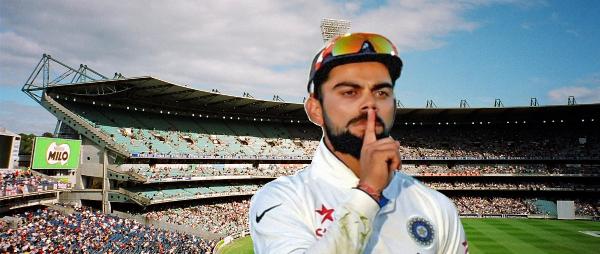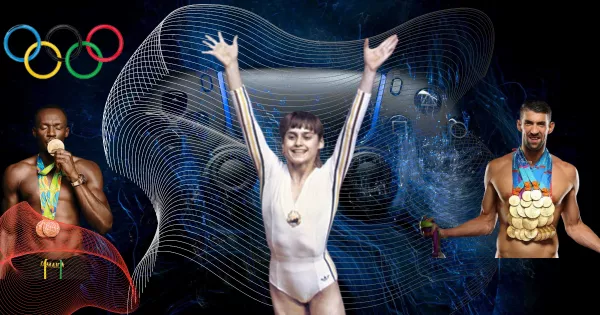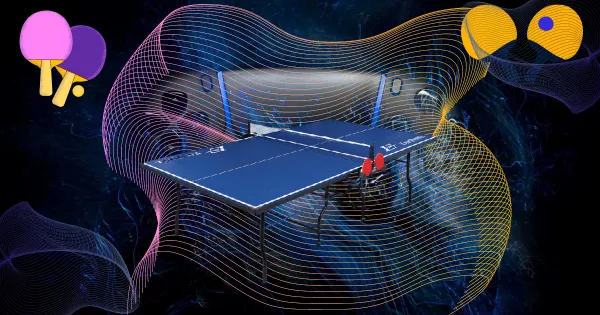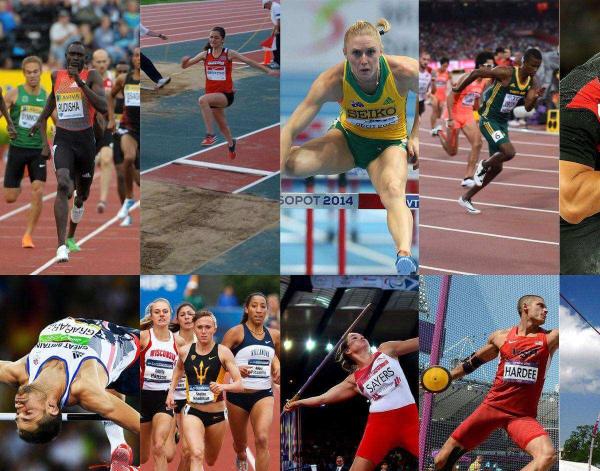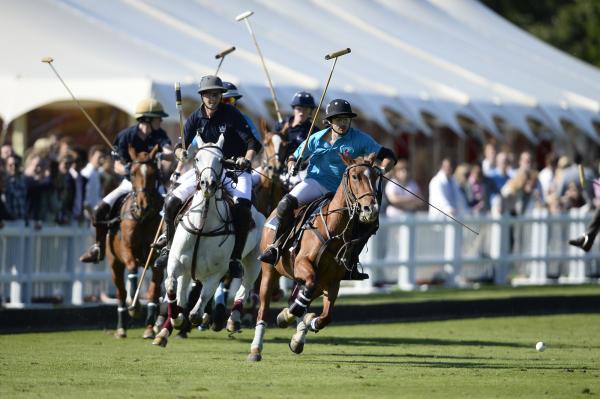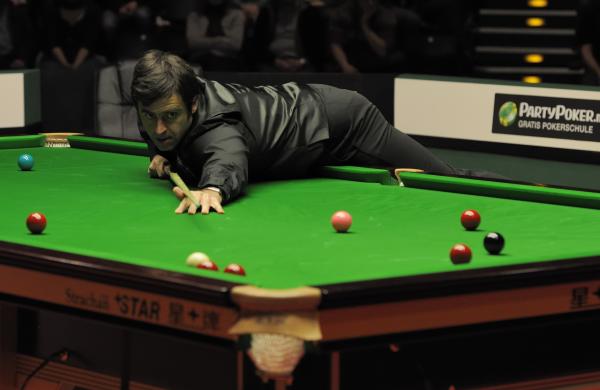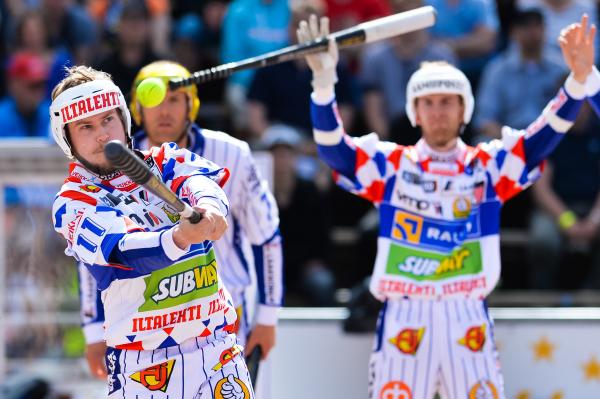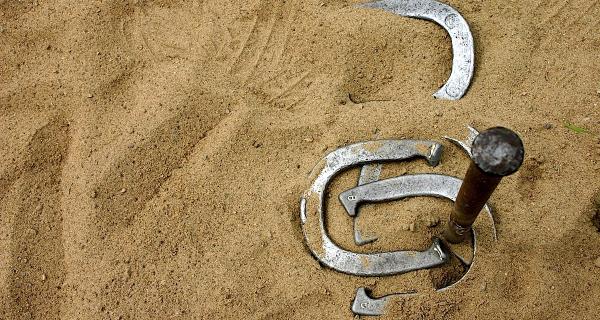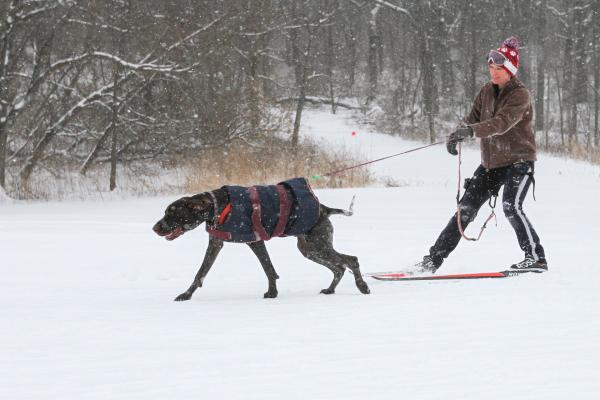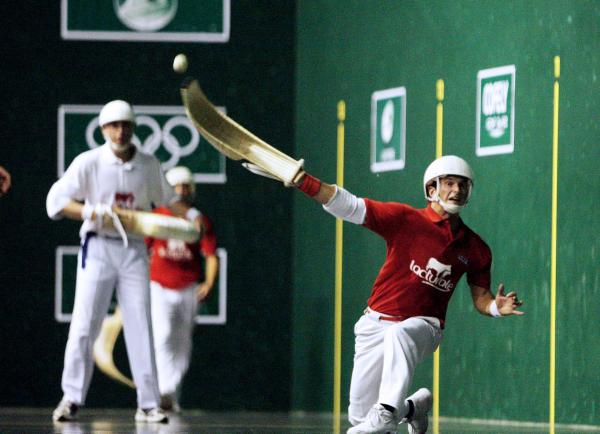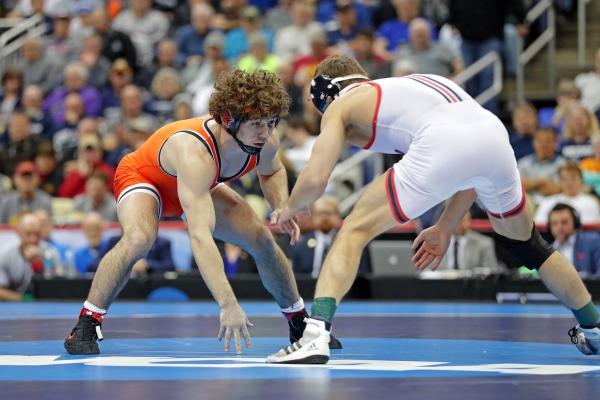Judo
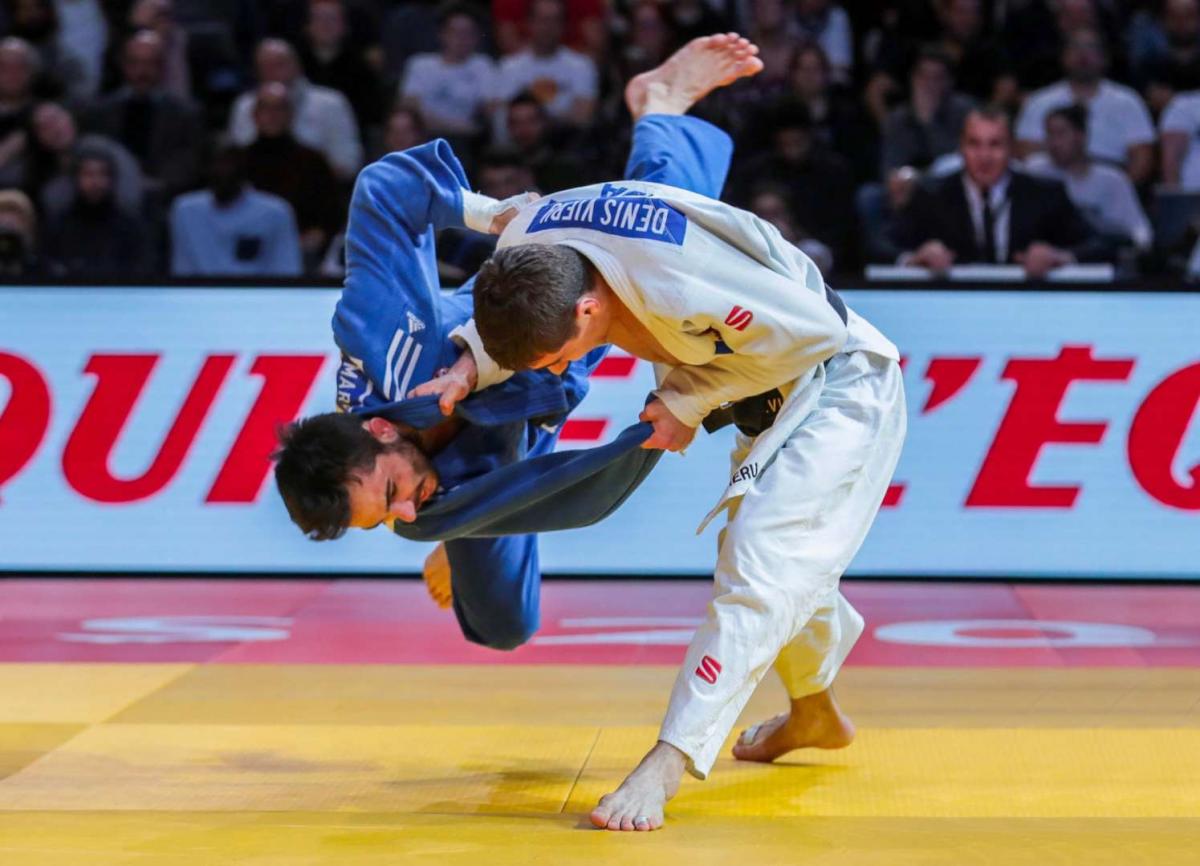
Judo, Japanese jūdō, system of unarmed combat, now primarily a sport. The rules of the sport of judo are complex. The objective is to cleanly throw, to pin, or to master the opponent, the latter being done by applying pressure to arm joints or to the neck to cause the opponent to yield. Techniques are generally intended to turn an opponent’s force to one’s own advantage rather than to oppose it directly. A ritual of courtesy in practice is intended to promote an attitude of calm readiness and confidence. The usual costume, known as jūdōgi, is a loose jacket and trousers of strong white cloth. White belts are worn by novices and black by masters, with intermediate grades denoted by other colours. Jūdōka (students of judo) perform the sport with bare feet. Kanō Jigorō (1860–1938) collected the knowledge of the old jujitsu schools of the Japanese samurai and in 1882 founded his Kōdōkan School of judo (from the Chinese jou-tao, or roudao, meaning “gentle way”), the beginning of the sport in its modern form. Kanō eliminated the most dangerous techniques and stressed the practice of randori (free practice), although he also preserved the classical techniques of jujitsu (jūjutsu) in the kata (forms) of judo. By the 1960s judo associations had been established in most countries and affiliated to the International Judo Federation, which is headquartered in Budapest, Hungary.
